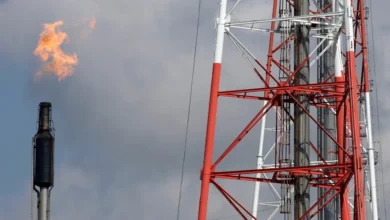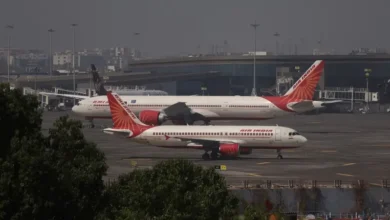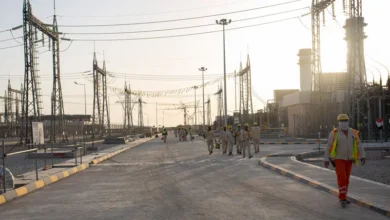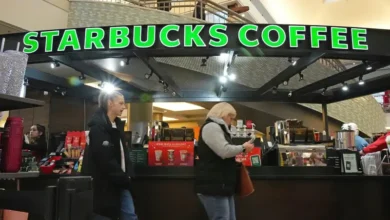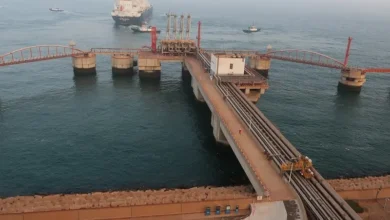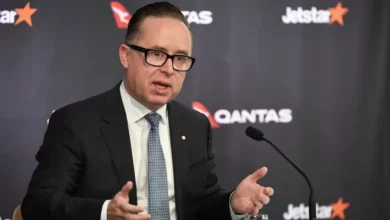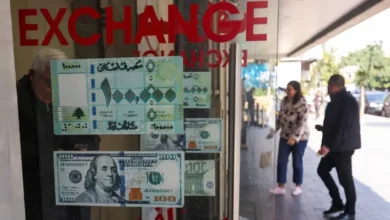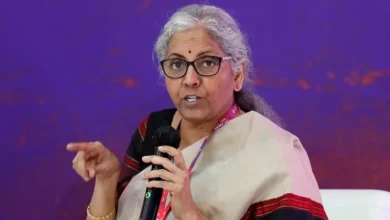Aramco’s Nasser says oil market tightly balanced
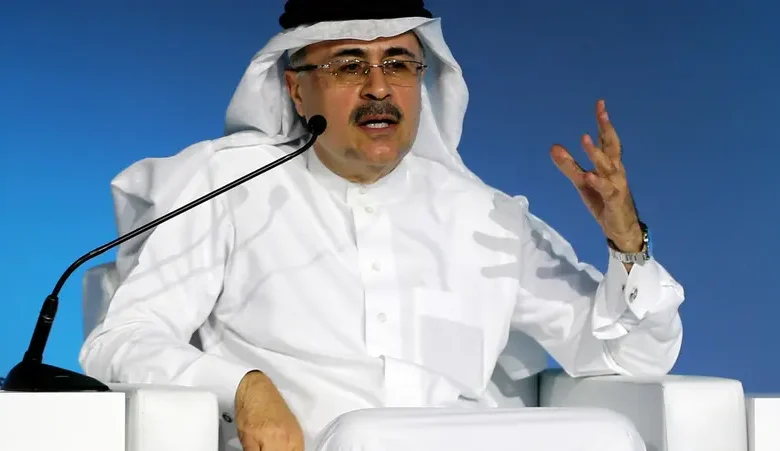
Aramco’s chief executive Amin Nasser said on Sunday the market would remain tightly balanced in the short to medium term, adding that he was cautiously optimistic.
Nasser was speaking to the press after the Saudi Arabian oil giant reported its highest ever annual profit since the company was listed.
He said spare capacity remained tight at 2 million barrels per day, while demand for jet fuel was increasing alongside China’s re-opening from tight Coronavirus-related restrictions.
“If you considered China opening up and a pick up in jet fuels and very limited spare capacity, we are talking 2 million barrels, so as I said we are cautiously optimistic in the short to midterm and the market will remain tightly balanced,” he said.
A deal agreed between Iran and Saudi Arabia on Friday to re-establish relations after years of hostility that had threatened stability and security in the Gulf would have a positive effect on global energy markets as it promotes regional stability, Nasser said.
The Kingdom has blamed Iran for missile and drone attacks on its oil facilities in 2019 as well as attacks on tankers in Gulf waters. Iran has denied those charges.
Aramco’s crude supplies to its main Asian customers, including China and India, were not impacted by the uptick of Russian sales into Asia on the back of Western sanctions.
“We have a track record of maintaining reliability and an excellent customer base. It didn’t impact our supply to these main markets,” he said.
On recent imports of Russian diesel into Saudi Arabia, Nasser said the kingdom had always been importing products for its domestic market since before the Russian invasion of Ukraine.
Nasser said Aramco was looking globally at liquefied natural gas (LNG) market opportunities, when asked about potential acquisitions in the year ahead.
The company is in “active talks and discussions” in terms of LNG investments, he said without elaborating.
Nasser cautioned that he still did not see enough investment to sustain demand in the long term going into the sector, saying that supply wouldn’t be adequate in the mid-to-long term if that trend continued.
“We need to make sure that there is additional supply in the market otherwise this tightness of supply in the mid-to-long term will have an impact.”
